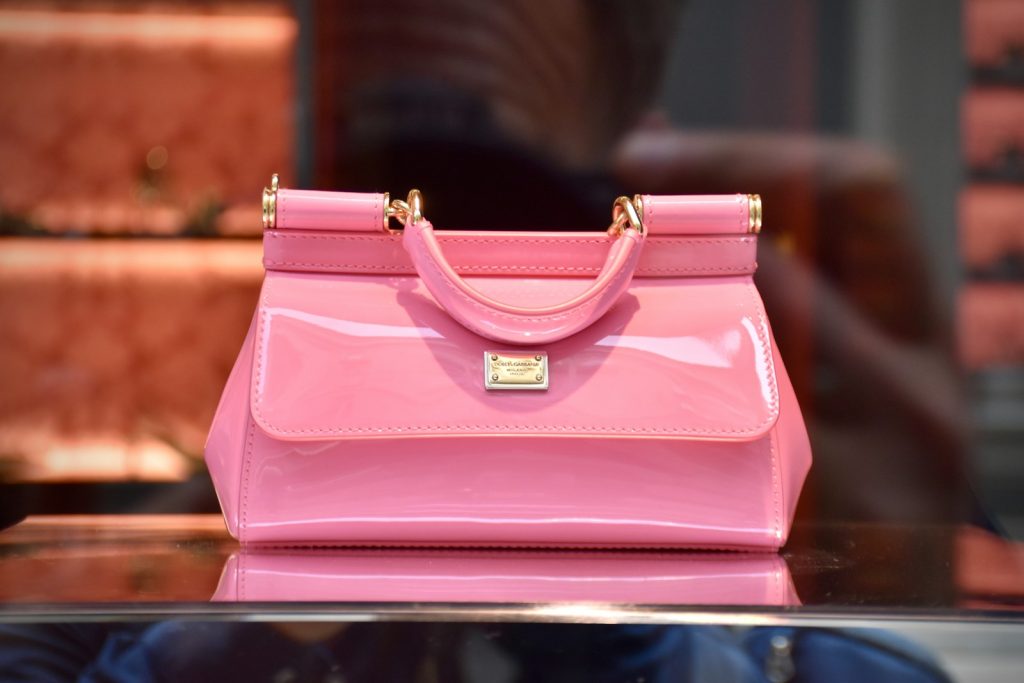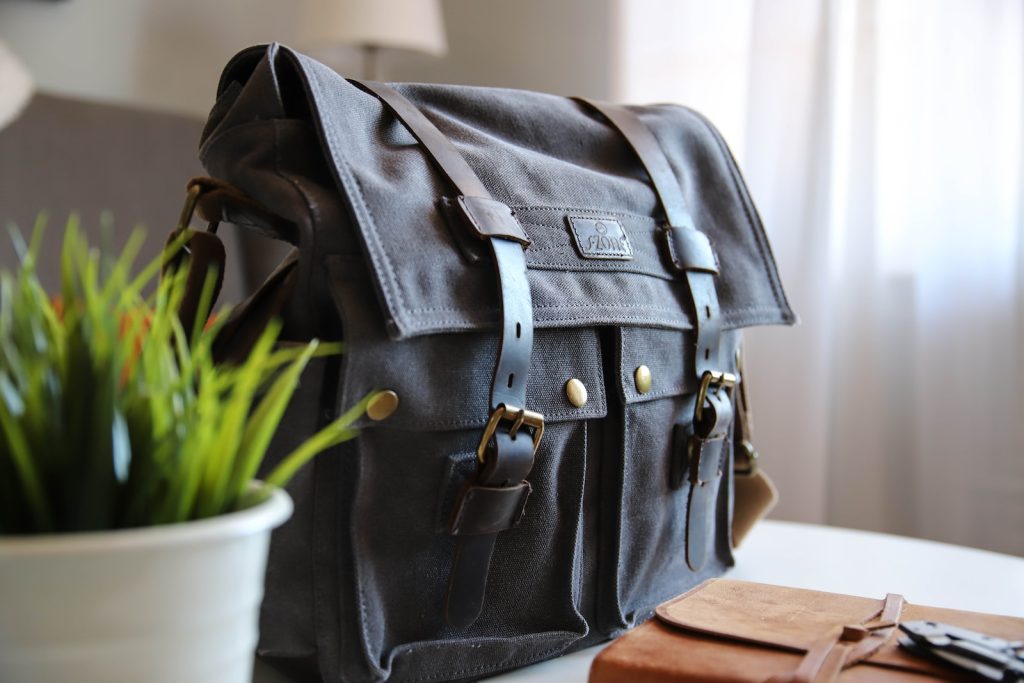
Baggu, a brand synonymous with eco-friendliness and style, has piqued the curiosity of environmentally conscious consumers worldwide.
Where exactly are these trendy bags crafted?
The answer might surprise you.
Baggu’s Manufacturing Journey: A Commitment to Ethical Practices
Baggu has its roots firmly planted in ethical manufacturing practices.
Based in the United States, the company has a diverse manufacturing portfolio.
The bulk of Baggu bags are produced overseas, primarily in China.
Why China, you may ask?
The answer lies in a blend of craftsmanship, cost-effectiveness, and adherence to ethical standards.

China: A Hub for Baggu’s Manufacturing
China’s reputation as a global manufacturing powerhouse is well-earned.
For Baggu, China offers a unique combination of skilled labor and advanced technology.
This enables the production of high-quality, durable, and aesthetically pleasing bags.
But, it’s not just about the quality.
Baggu’s commitment to ethical manufacturing takes center stage.
Ethical Manufacturing: More Than Just a Buzzword for Baggu
Ethical manufacturing is a cornerstone of Baggu’s business philosophy.
In China, Baggu partners with factories that adhere to strict ethical standards.
These standards ensure fair wages, reasonable working hours, and safe working conditions.
Baggu’s commitment to sustainability extends beyond the manufacturing process.
The materials used in Baggu bags also speak volumes about their dedication to the environment.
Sustainable Materials: The Fabric of Baggu’s Ethos
Baggu bags are renowned for their use of recycled materials.
The company predominantly uses nylon, canvas, and leather, much of which is recycled.
This not only reduces waste but also minimizes the environmental footprint of each bag.
But, how does Baggu ensure the sustainability of these materials?

The Sustainability Quest: Ensuring Environmentally Friendly Materials
Baggu’s pursuit of sustainability is a meticulous process.
The company sources materials that are not only durable but also eco-friendly.
For instance, the recycled nylon used in many Baggu products is a testament to this commitment.
The journey of these materials, from sourcing to your wardrobe, is a fascinating tale.
From Factory to Fashion: The Lifecycle of a Baggu Bag
The lifecycle of a Baggu bag is a narrative of responsible manufacturing and sustainable use.
From the factory floors in China to the streets of New York, these bags travel the world.
But their journey doesn’t end with the sale.
Baggu bags are designed for longevity, reducing the need for frequent replacements.
This longevity is a crucial aspect of their environmental impact.
Longevity: A Key Player in Baggu’s Environmental Strategy
The durability of Baggu bags isn’t just about saving you money.
It’s about reducing waste and the need for new resources.
Each long-lasting Baggu bag signifies fewer resources used and less waste produced.
And when a Baggu bag does reach the end of its life?

End-of-Life Cycle: Baggu’s Approach to Sustainability
Even at the end of their lifecycle, Baggu bags continue their eco-friendly journey.
The brand encourages recycling and responsible disposal of its products.
This ensures that the environmental impact of each bag is minimized, even in disposal.
But what about the future? What does it hold for Baggu and its manufacturing processes?
Looking Ahead: The Future of Baggu’s Manufacturing
Baggu is continuously evolving its manufacturing processes to be more sustainable.
The brand is exploring new materials and technologies to further reduce its environmental impact.
This ongoing innovation keeps Baggu at the forefront of sustainable fashion.